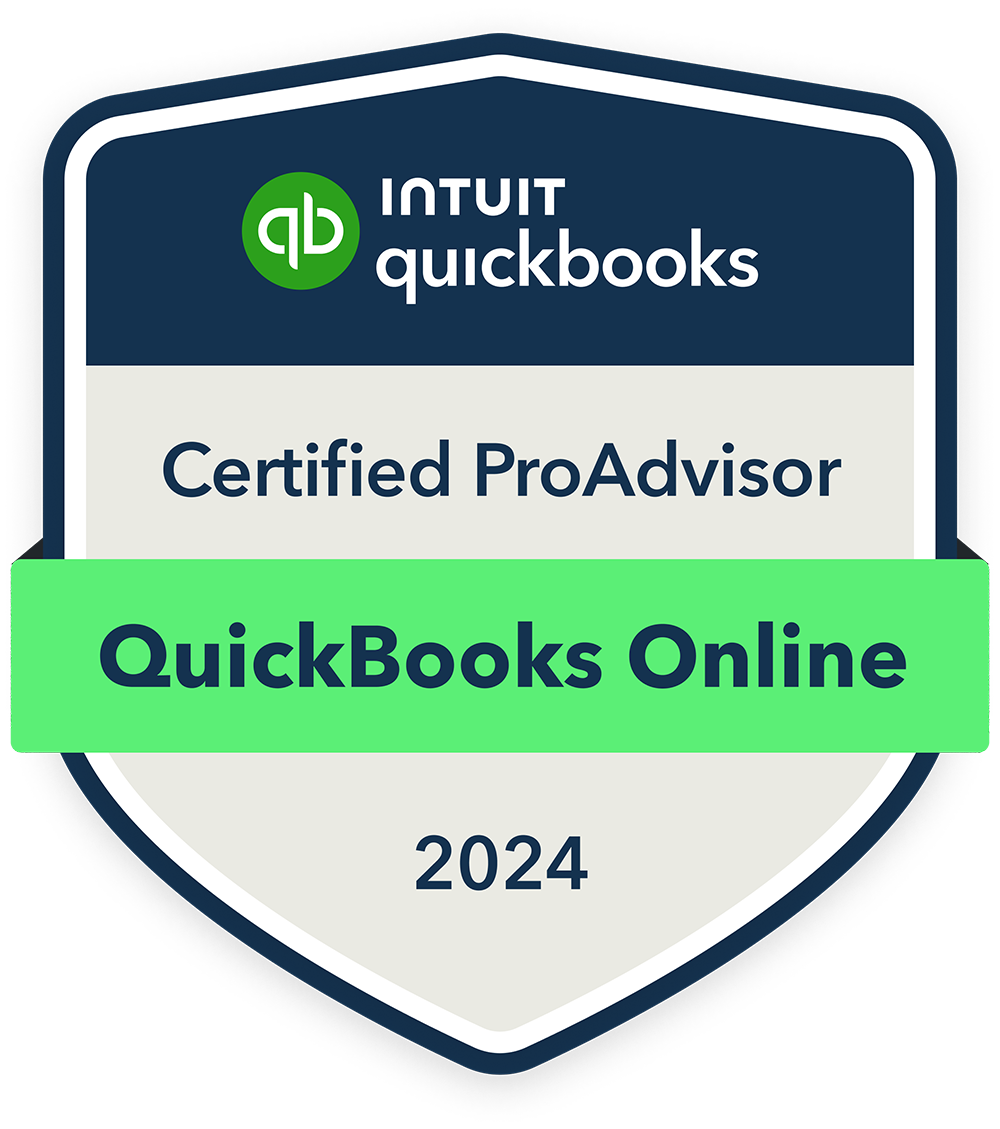Blog
Blog Posts
If you're planning to hire employees or pay yourself a salary as a business owner, registering for Pay As You Earn (PAYE) is a crucial step. PAYE is the system HM Revenue and Customs (HMRC) uses to collect Income Tax and National Insurance from employment. This guide will walk you through the process of registering for PAYE, ensuring you're compliant with UK tax regulations.
The VAT threshold of £90,000 (as of the 2023-2024 tax year) in the UK refers to the annual turnover limit for businesses regarding VAT registration.
Managing cash flow is crucial for the survival and growth of any business. Positive cash flow ensures that a business can meet its obligations, invest in new opportunities, and weather economic downturns. This blog provides seven practical tips to help UK businesses increase their cash flow, incorporating relevant UK tax laws.
Employers can now provide trivial benefits such as small gifts and entertainment without having to include these within PAYE settlement agreements or disclose on P11D forms.
When you're dreaming about your exciting new business venture, the chances are that financial functions such as forecasting, reporting and submitting tax returns aren't at the forefront of your fantasies.
Being a successful entrepreneur requires more than just having a great idea. There are certain qualities and skills that all successful entrepreneurs share.
Customer engagement metrics are key to understanding whether your customers are happy and loyal or at risk of churn. Tracking the right customer engagement metrics enables you to identify issues early and take corrective action to improve the customer experience.
As a small business owner, you will eventually want to scale up.
Scaling your business means growing it to a point where it can support more customers or clients, more employees, and ultimately make revenue.
A lot of small business owners don't think they need a financial consultant/advisor. They think that since they are just starting out, or their company is still relatively small, that they can manage their own finances without any help. However, this is not always the case. Let's take a look at some of the reasons why small businesses need financial consultants/advisors, so that you can decide whether or not you should invest in one.
The words "negative cash flow" certainly don't sound like much of a cause for celebration and truthfully, they often aren't. However, negative cash flow isn't always a cause for concern, either, and even when it is, there are steps you can take to rectify the situation.
Scaling up a business is exciting, but it's certainly not easy. It requires careful planning, strategizing and preparation. In this article, we'll go over some of the key differences between scaling and growth, how you can know when it's time to scale up and what steps you should take to prepare your business for maximum success.
Our decisions are always informed by past experiences, even if only to a small extent. Understanding the relationship between your background and future choices can prove very beneficial.
Since Andrew has come on board under the supervision of Mike the transition could not have been smoother. The service and response has been well above expectations. We feel the Payroll services provides an additional backup service provided by Kings Oak Accountancy which takes away yet another task from our busy workload.
Mujib Choudhury, Atlantic Linen
Great to work with, always there to give a hand when needed. Always at the end of the phone when problems need sorting We have been with this Company for many years, would recommend . Running my accounts and PAYE, so this leaves us to concentrate on getting on with our business with no worries.
Sarah – Crossways Tavern
Thank you Andrew. Bloody brilliant. I cannot say how much I appreciate that you’ve made this easy. In amongst trying to get everything else done this was a breeze. Thanks.
Stephen - SJL Data Services Ltd
Kings Oak Accountancy Services has been our accountants for the past four years. After a successful smooth changeover of ownership to our dry cleaning premises which Kings Oak guided us through. Since then they have helped with our monthly and yearly accounts, taxation and payroll. Only a phone call away if needed. May we continue to grow with their help. I would have no hesitation in recommending them.
Beverley Serle - Steam Gleam Ltd
Wouldn't trust anyone else to help us run our business. Andy and team are fast, reliable, efficient and most of all they actually care. They go above and beyond to help and we couldn't be happier.Thank you for all you do
Jen and Adam - Heat 24 Ltd
ACCREDITATIONS


















